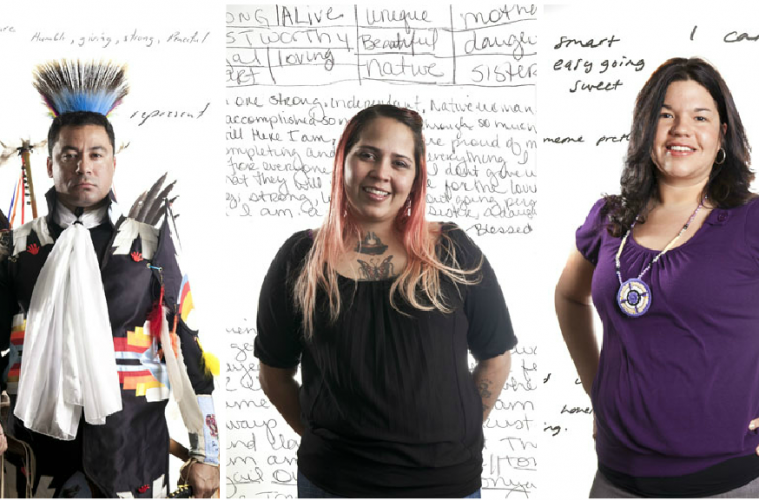The PBS NewsHour Launches Year Long Conversation on Race, Diversity and IntolerancePosted in Articles, Media Archive, Politics/Public Policy, Social Science, United States on 2016-04-14 01:40Z by Steven |
The PBS NewsHour Launches Year Long Conversation on Race, Diversity and Intolerance
PBS NewsHour
2015-08-31
Media Relations Contacts:
Nick Massella, Director of Audience Engagement and Communications
James Blue, Senior Content and Special Projects Producer
WASHINGTON, DC (August 31, 2015) – Michael Brown. Freddie Gray. Eric Garner. These are just three names that have dominated news coverage in the past year. Different stories and different circumstances, provoking similar conversations about race on a national and international level. They underscore the reality that America’s deepest wound is far from healed.
Meanwhile, debates about immigration and citizenship have left many feeling alienated and angry on all sides of the issues. A recent New York Times / CBS News poll shows that the majority of Americans think race relations are bad.
With all of that in mind, the PBS NewsHour with Gwen Ifill and Judy Woodruff has launched a yearlong series focusing on diversity, divisions and various efforts and ideas to bridge and heal these issues. This series includes a deep look at the enduring and painful issues we will call Race Matters. On broadcast and online, NewsHour will host conversations on finding solutions to the painful divides that continue to plague our communities.
Returning to the NewsHour to take a leading role in this project is special correspondent Charlayne Hunter-Gault. The series will take viewers throughout the United States to the Americans having tough conversations on these important issues and will feature experts on race relations and their proposals for how to address race-fueled issues. This is a periodic series that will air on the program frequently throughout the year…
Read the entire press release here.


